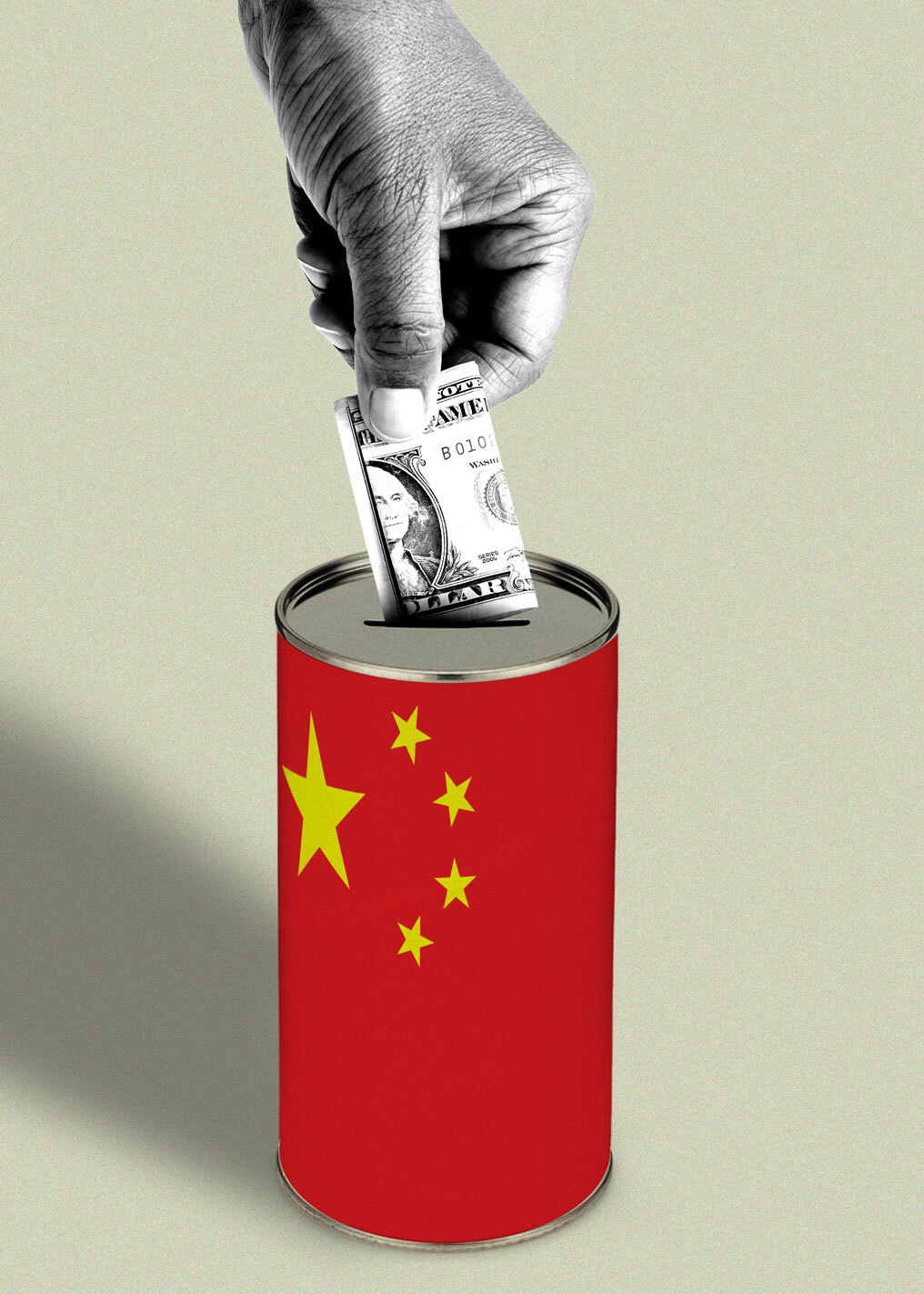Joe Biden rolls out climate policy amid questions over his climate credibility
For weeks, fellow Democrats have been questioning Joe Biden's climate change credibility, and on Tuesday, the former vice president offered an answer in a 22-page agenda to jump start a "clean energy revolution" that both tackles climate change and builds economic opportunity with new green jobs across the country.
The four-part plan contains some approaches to addressing climate and energy concerns throughout the U.S. and across the world, while at the same time touting actions Biden has taken on environmental issues throughout his nearly five decades of public service.
When Democrats like Sen. Bernie Sanders, a presidential primary rival, began to seize on a report suggesting Biden might stress a "middle ground" on issues like climate policy, Biden pushed back and told his Philadelphia official "kickoff" crowd the most important plank in his forthcoming climate change policy would be to "beat Trump."
Still, Biden's campaign points out that the first climate change bill ever brought up in the Senate was the one Biden introduced in 1986, the Atlantic points out.
Biden, in his first campaign trip to Iowa last month, also took time to remind a small group of silent climate change protesters dressed up as penguins of his first proposal. "You're preaching to the choir, I love ya, keep going!" he said.
The former vice president is setting a goal of net-zero emissions by no later than 2050, the same goal set by the Obama administration. If elected, the Biden administration on "day one" intends to implement a number of executive actions to push for a "100 percent clean energy economy" including:
- Requiring "aggressive" methane pollution limits for new and existing oil and gas operations;
- Streamlining federal government activities to for better energy efficiency;
- And advocating for "liquid fuels of the future" like biofuels.
Embracing federal lands and protecting biodiversity is also a potential target for Biden's executive actions.
Working with Congress, Biden hopes to invest in climate research and negotiate an "enforcement mechanism" to force polluters to "bear the full cost of the carbon pollution they are emitting."
These efforts to protect the environment also hope to lend a hand to American workers.
A substantial portion of the job opportunities to grow out of clean energy would come in research and development, Biden believes. He's promising $400 billion over ten years to make "largest-ever investment in clean energy research and innovation."
On the global stage, the Biden administration would not only re-enter the Paris climate agreement but "use every tool of American foreign policy to push the rest of the world to raise their ambitions…"
Biden, in his plan, accuses China of creating more carbon pollution than any country, not just at home, but also abroad, financing "dirty fossil fuel projects" across Asia and beyond. He would punish China with carbon adjustment fees and also, as part of any climate agreement with China, he would block subsidies of Chinese coal exports.
Transportation in lanes, trains and automobiles is also addressed in Biden's plan:
- Proposes more than 500,000 new public charging stations for electric cars nationwide
- "Targets" airline emissions by incentivizing innovation with sustainable fuels for aircrafts
- Both commuter and freight train travel would be improved for greater and more efficient access to the southern and western parts of country
Lastly, the plan addresses the moral lapse in allowing harmful environmental policies to persist. For instance, one area that Biden believes requires attention is ensuring access to safe drinking water. His plan details how different regions of the country are affected, and he prescribes solutions for safe water testing.
Environmental groups are applauding parts of Biden's plan, including his pledge to reach net-zero emissions by 2050, his commitment to refusing fossil fuel donations, the ban on fossil fuel extraction on federal lands and the recognition of racial justice issues in creating an equitable solution to the climate crisis.
The former vice president's climate policy didn't quiet all of his critics. Primary opponent Jay Inslee, whose campaign is focused on addressing climate change said that he was disappointed in Biden's plan. "[T]he vice president's proposals really lacked teeth and they lack an ambition that is necessary to defeat the climate crisis," Inslee told reporters on Tuesday. In particular, he took issue with the 2050 zero-emission goal. "He has some wishes for 30 years from now, but we can't wait 30 years," Inslee said.
Some environmental groups believe while there's a lot to like in Biden's plan, its lack of a specific plan to completely phase out fossil fuels is discouraging. Greenpeace USA, which last week nearly flunked Biden in its climate scorecard, said Biden's plan "does not do nearly enough."
Erich Pica, president of Friends of the Earth Action, applauded parts of Biden's plan but sharply criticized the rest of it.
"To avert climate catastrophe, we must end the extraction and burning of all fossil fuels, period. This plan embraces dangerous nuclear power, environmentally-harmful biofuels, and foolish dreams of carbon capture and sequestration that will lock in our continued dependence on fossil fuels."



